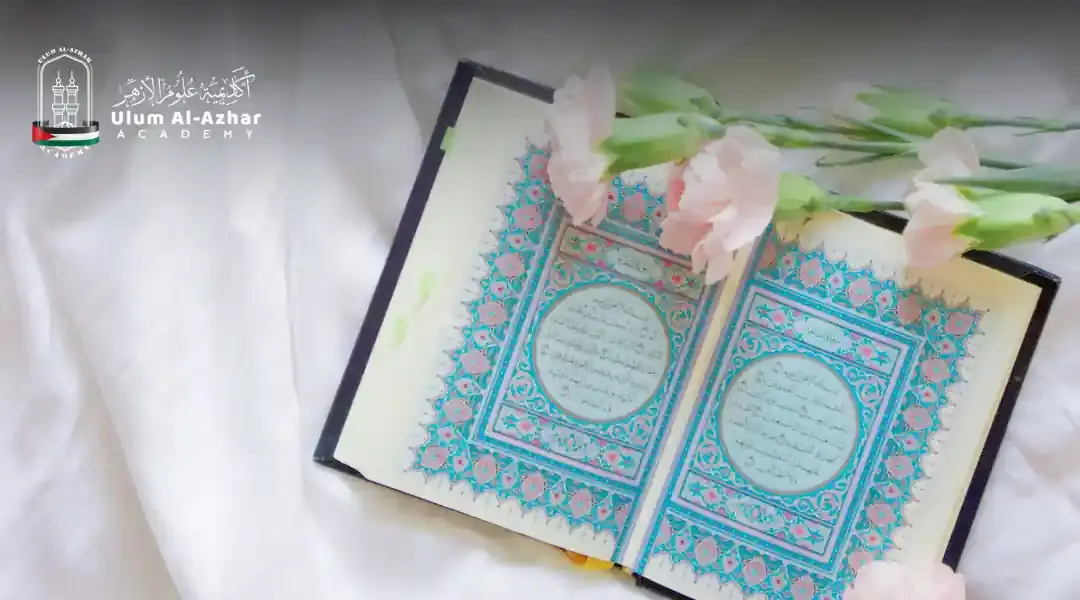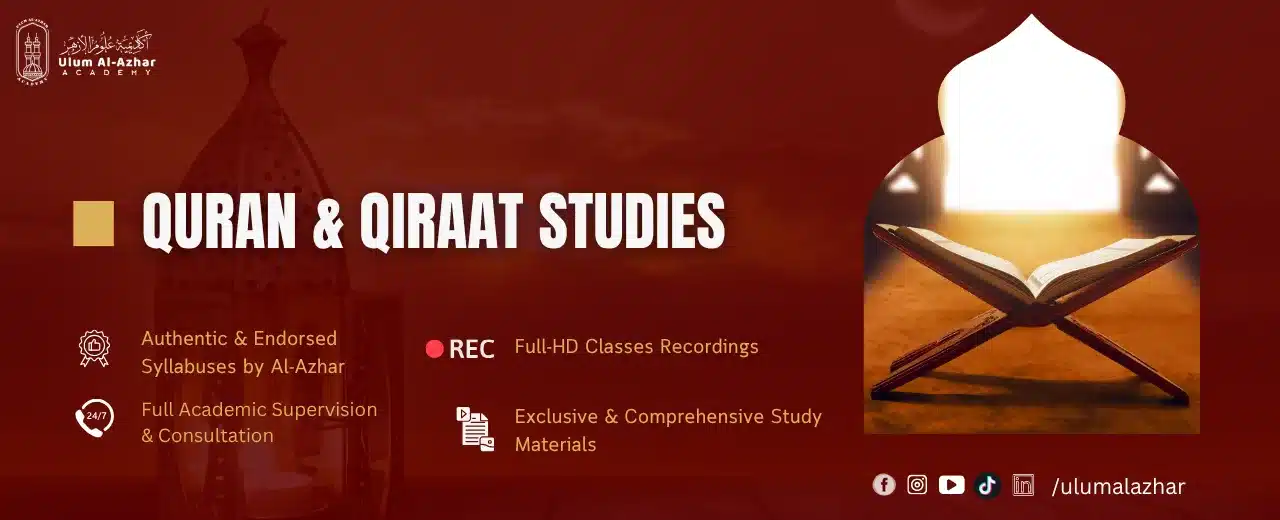
Who Has Written Quran? History and Compilation Explained
How did the Holy Quran reach the form of the Mushaf that we have today, with its arranged surahs and ease of recitation? The question “Who Has Written Quran” is something many people, both Muslims and non-Muslims, often ask. Islamic teachings tell that the answer is both spiritual and based on history. The Quran was not the product of human authorship; instead, it is the divine word of Allah, sent to the Prophet Muhammad ﷺ by the angel Jibreel (Gabriel).
This topic explains the background of how the Quran came to be, the role of the Prophet Muhammad ﷺ, the efforts of his companions, and the process used to collect and preserve the Quran in its original, purest form.

Historical Context of Who Has Written Quran and Its Compilation
When asking “Who Has Written Quran,” it is important to first understand the historical context. The Quran was revealed over a span of 23 years in 7th-century Arabia. It was revealed piecemeal, addressing events, guiding communities, and laying out spiritual and legal frameworks. As Allah said:
كِتَـٰبٌۭ فُصِّلَتْ ءَايَـٰتُهُۥ قُرْءَانًا عَرَبِيًّۭا لِّقَوْمٍۢ يَعْلَمُونَ (3) سورة فصلت
˹It is˺ a Book whose verses are perfectly explained—a Quran in Arabic for people who know (3 – Surah Fussilat )
Arabia at that time had a strong oral tradition, and memory retention was highly developed. Therefore, while some companions wrote verses on parchment, bones, or palm leaves, the main method of preservation was oral memorization. This oral culture ensured that the Quran spread widely and was safeguarded in the hearts of believers.
The Quran remained preserved in the hearts of the memorizers among the companions and on parchments and other materials until the time of Caliph Abu Bakr al-Siddiq, may Allah be pleased with him.
Access a free consultation with Al-Azhar-certified Sheikhs from Egypt to begin your personalized Islamic education.
Role of Prophet Muhammad ﷺ in Revelation
The central figure in the question of “Who Has Written Quran” is, of course, the Prophet Muhammad ﷺ. He did not “author” the Quran but rather served as the recipient and conveyor of Allah’s words. Each revelation came through Angel Jibreel, and the Prophet ﷺ would recite it to his companions, who then memorized and recorded it.
The Quran received the utmost care from the Prophet ﷺ and his companions. Their attention to memorizing and preserving it did not divert them from writing and recording it. However, writing was limited to the means and tools available in their time. The Prophet ﷺ established a system for recording revelation: whenever a verse was revealed, he instructed them to write it down meticulously, ensuring accuracy, verification, and caution in preserving Allah’s Book, so that writing would support memorization and reinforce the oral transmission.
These scribes were among the best of the companions, including Abu Bakr, Umar, Uthman, Ali, and others. The Prophet ﷺ would indicate the position of the verse within its surah, and they would write it on whatever materials were available, such as pieces of leather, cloth, or wooden tablets. The written material was then kept in the house of the Messenger of Allah ﷺ.
The Prophet ﷺ entrusted a group of trustworthy and knowledgeable companions to write down the revelation. They are known in historical records as the scribes of revelation, including : Abdullah ibn Amr ibn al-As, Muawiyah ibn Abi Sufyan, Zayd ibn Thabit, and others, may Allah be pleased with them all.
Thus ended the blessed Prophetic era, and the Quran was compiled in this manner, with the verses arranged according to the guidance of the Prophet ﷺ. This arrangement was by the command of Allah, conveyed through Angel Jibreel (Gabriel). It is reported that Jibreel used to say: “Place such-and-such in such-and-such position…” This was the first compilation of the Holy Quran

The Companions and Their Efforts in Preservation
The companions of the Prophet ﷺ, known as the Sahabah, played a crucial role in ensuring the Quran was never lost. Many of them were Huffaz (memorizers of the Quran), who could recite it flawlessly. In fact, oral transmission was considered the most authoritative method of preservation.
Companions like Abu Bakr, Umar, Uthman, Ali, and Abdullah ibn Mas‘ud dedicated their lives to memorizing, teaching, and transmitting the Quran. Scribes recorded verses on materials like leather, stones, and wood. This dual method—memorization and writing—provided a safeguard against error or loss.
Compilation During Caliph Abu Bakr and Uthman
The formal compilation of the Quran into one book took place after the Prophet’s passing. This was a crucial stage in answering “Who Has Written Quran.”
During Abu Bakr’s Caliphate (632–634 CE): ( the second compilation of the Holy Quran):
During the caliphate of Abu Bakr al-Siddiq, may Allah be pleased with him, many of the Quran reciters among the companions and its memorizers were martyred in the Ridda wars. Umar ibn al-Khattab, may Allah be pleased with him, suggested to Abu Bakr that the Quran be compiled to prevent its loss due to the deaths of the memorizers and reciters.
At first, Abu Bakr hesitated, fearing falling into innovation or error. However, after consultation with Umar, Allah opened his heart to the idea, and he accepted it. By Allah’s guidance, he appointed one of the best among the companions, Zayd ibn Thabit, may Allah be pleased with him, to carry out this task because he was both a memorizer of the Quran and one of the scribes of revelation for the Messenger of Allah ﷺ. Zayd had also witnessed the final review of the Quran at the end of the Prophet’s life.
Zayd رضي الله عنه then undertook this great mission under the supervision and assistance of the senior companions, completing it perfectly. The collected sheets were preserved with Abu Bakr until his passing, then with Umar ibn al-Khattab until the end of his life, and then with Hafsa, the daughter of Umar. Later, the Caliph Uthman, may Allah be pleased with him, requested them from her and relied on them to produce copies of the Quran for the provinces.

During Uthman’s Caliphate (644–656 CE): ( the third compilation of the Holy Quran)
During the caliphate of Uthman ibn Affanرضي الله عنه when Islamic conquests expanded and the Holy Quran spread to many lands, in each region of the Islamic empire, people followed the recitation of whichever companion was well-known among them. This led to differences in pronunciation and modes of recitation, opening the door to disputes and disagreements in the reading of the Quran. When this reached Uthman, he addressed the matter, saying: “You differ in front of me, and those far from me in the provinces differ even more.”
For these reasons and circumstances, Uthman, with his clear judgment and wise insight, saw the need to prevent further divisions before they expanded. He gathered the leading companions and those with discernment among them and consulted them. They agreed to produce standardized copies of the Quran to be sent to the provinces, and he ordered that all other versions be burned so that nothing else would be relied upon.
Uthman then began implementing this decision by forming a committee of the best companions and trustworthy memorizers, including Zayd ibn Thabit, Abdullah ibn al-Zubair, Sa’id ibn al-As, and Abdur-Rahman ibn Harith ibn Hisham. They were entrusted with copying the Qurans. He requested the sheets from Umm al-Mu’minin Hafsa, the daughter of Umar, who sent him the manuscripts that had been compiled during Abu Bakr’s caliphate. They were instructed to write in these copies only what had been verified as Quranic text, ensuring it was precisely what had been confirmed in the Prophet’s final review.
This historical process shows that the companions did not create or author the Quran, but rather preserved what Allah had revealed. Hence, “Who Has Written Quran” is answered by noting divine authorship with human preservation under the Prophet’s guidance.
Authenticity and Preservation Methods Through Centuries
One of the greatest miracles of the Quran is its flawless preservation. Unlike other scriptures that faced alterations, the Quran remains unchanged for more than 14 centuries. This collective effort reinforces the response to “Who Has Written Quran.” It is Allah who authored it, while Muslims, through divine facilitation, have safeguarded it across generations. Several preservation methods confirm this:
– Millions of Muslims, from the companions to the present day, memorize the Quran word-for-word. This living tradition ensures its accuracy.
– What our master Umar and our master Uthman did during the compilation of the Quran were steps to ensure accuracy and to confirm that it was recorded exactly as it was revealed to the Messenger of Allah.
– Scholars continue to review the printed copies of the Mushaf to this day to ensure that they conform to the authentic versions of the Holy Quran.
– Also the different recitations (Qira’at), all authentically transmitted, enrich understanding without altering meaning.
Your path to QURAN & QIRAAT STUDIES starts now, with Al-Azhar-certified Sheikhs from Egypt.

Conclusion
The question “Who Has Written Quran” leads to an important truth: the Quran was not written by a human, but was revealed by Allah to Prophet Muhammad ﷺ. Under the Prophet’s guidance, the companions’ loyalty, and the caliphs’ efforts, the Quran was carefully remembered and written down. Over many years, Muslims have kept the Quran safe and unchanged, with great care.
So, the Quran is the last and complete message from God, not written by anyone else. When we ask “Who Has Written Quran,” we should understand that the Quran is the word of Allah, and humans are just those who passed on and kept His message.
Get a free consultation session with Al-Azhar-certified Sheikhs from Egypt and kickstart your personalized Islamic studies.
FAQs
Who has written Quran?
Quran is the word of Allah. The Prophet Muhammad ﷺ received it through Angel Jibreel, and the companions preserved it.
Did Prophet Muhammad ﷺ write the Quran?
He recited the revelations, and his companions recorded them.
How was the Quran compiled into one book?
During the lifetime of the Prophet, the entire Quran was written down on separate sheets.It was first compiled under Caliph Abu Bakr after the Prophet’s death, and later standardized under Caliph Uthman to preserve unity.
Is today’s Quran the same as what was revealed?
Yes. The Quran has been preserved word-for-word since its revelation without alteration.
